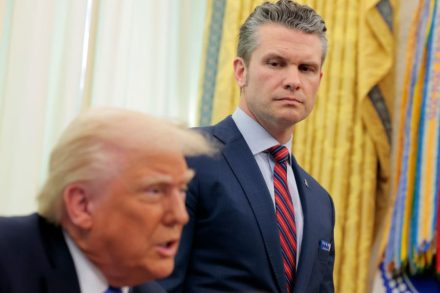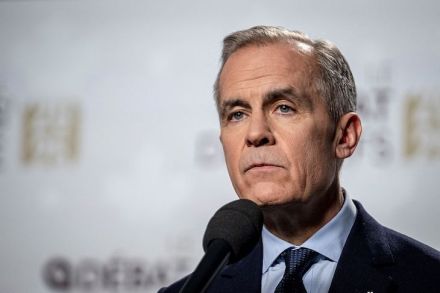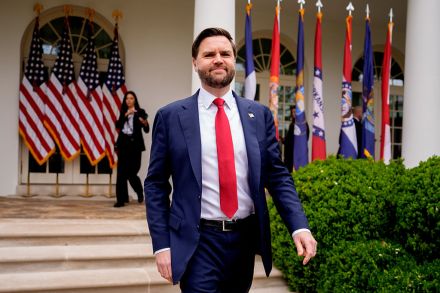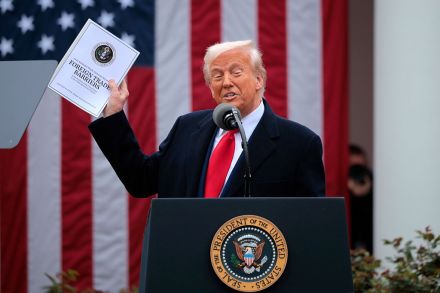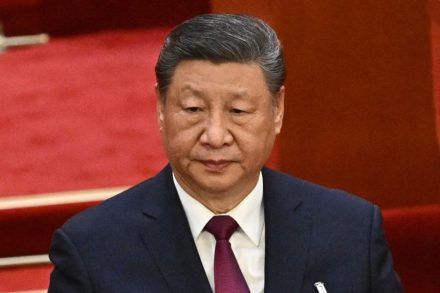China smells victory in its tariff war with Trump
It was an extraordinary statement, given all the bluster that had gone before it. Tariffs on Chinese goods will ‘come down substantially’ from their current level of 145 per cent, Donald Trump said on Tuesday, adding that ‘We are doing fine with China … We’re going to live together very happily and ideally work together’. Perhaps the message was aimed at placating the World Bank and International Monetary Fund spring meetings taking place in Washington this week. The IMF slashed its growth forecasts for the United States, China and most other countries, blaming US tariffs and warned that things could get a lot worse. Xi is calculating that Trump is



